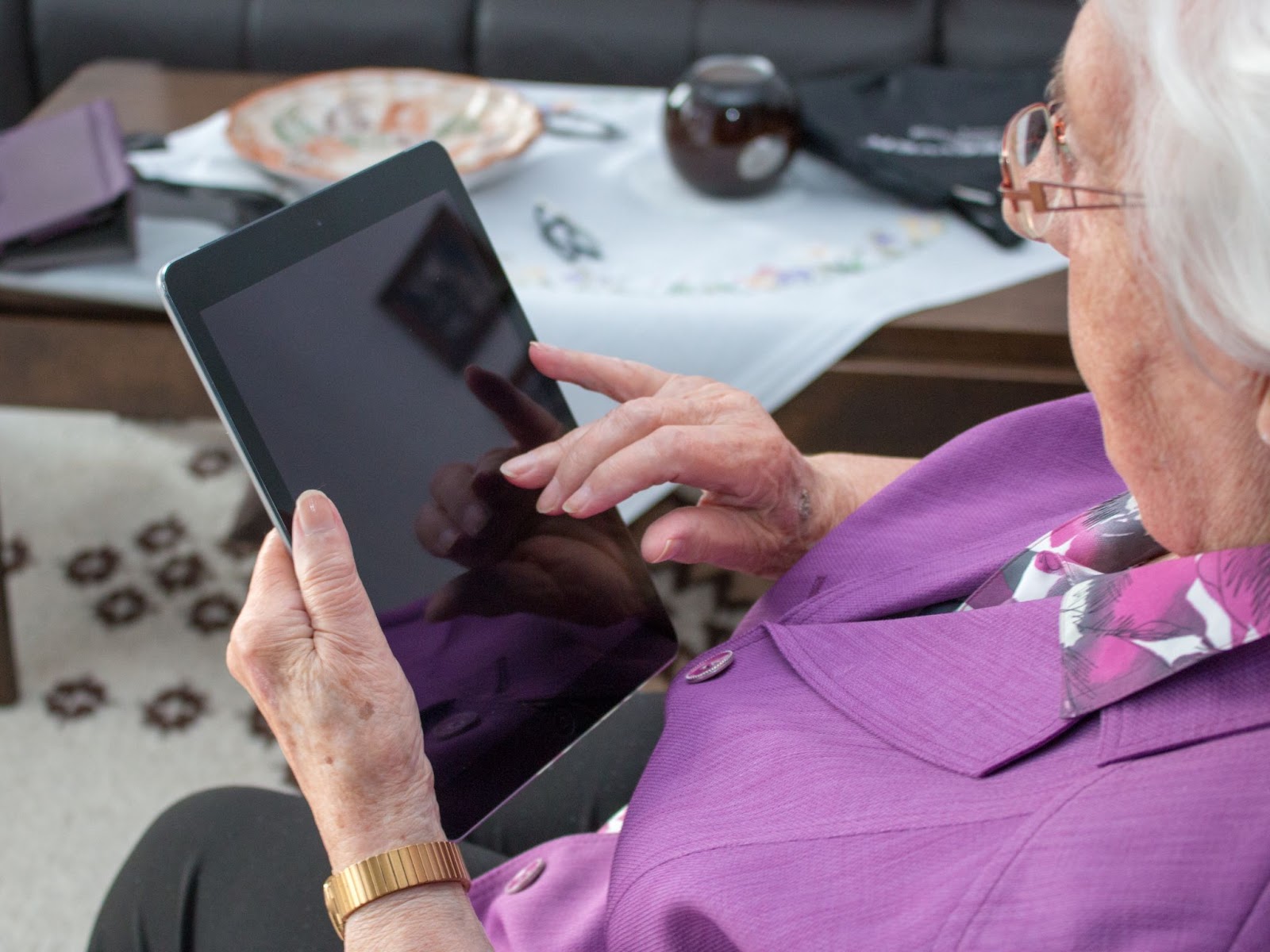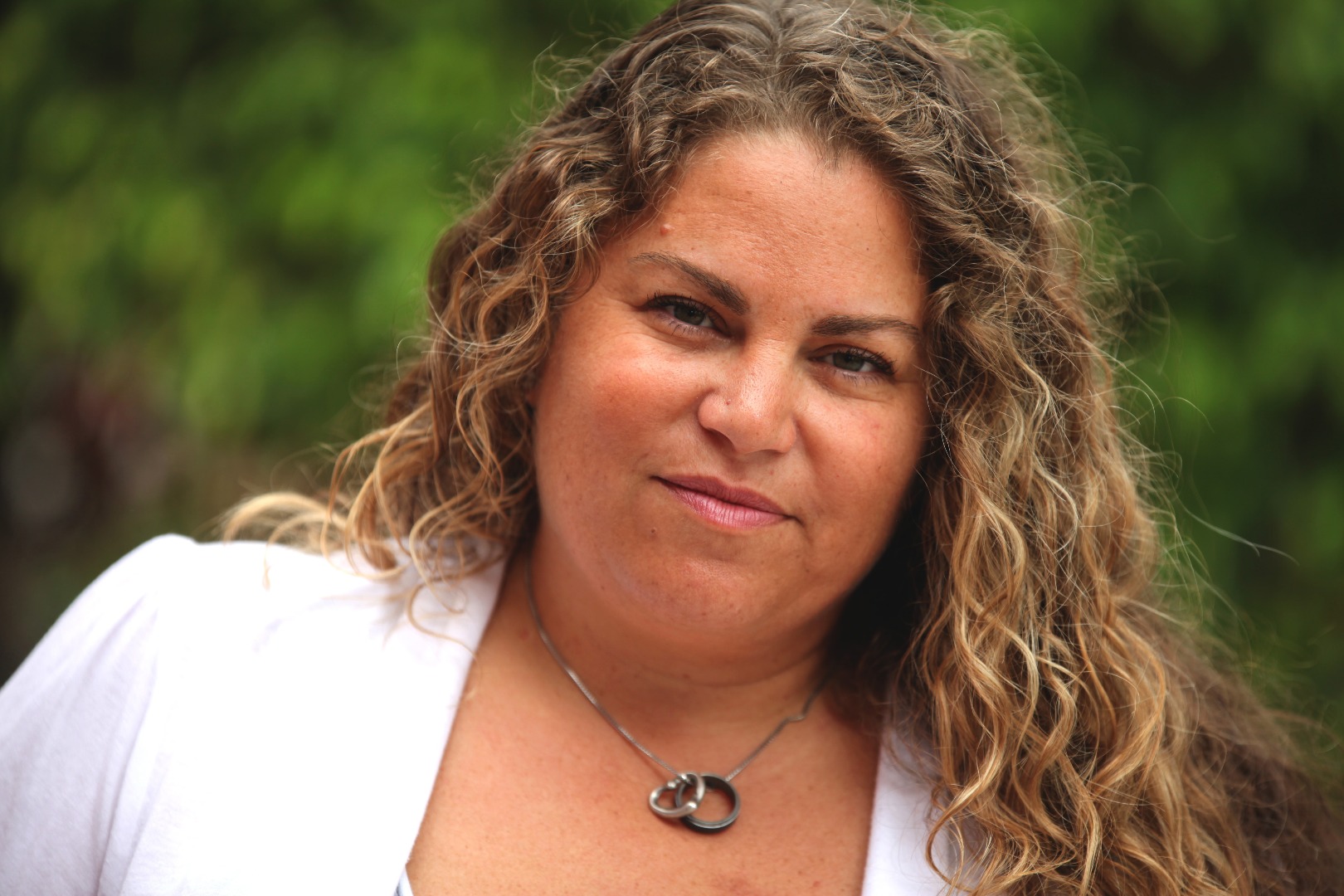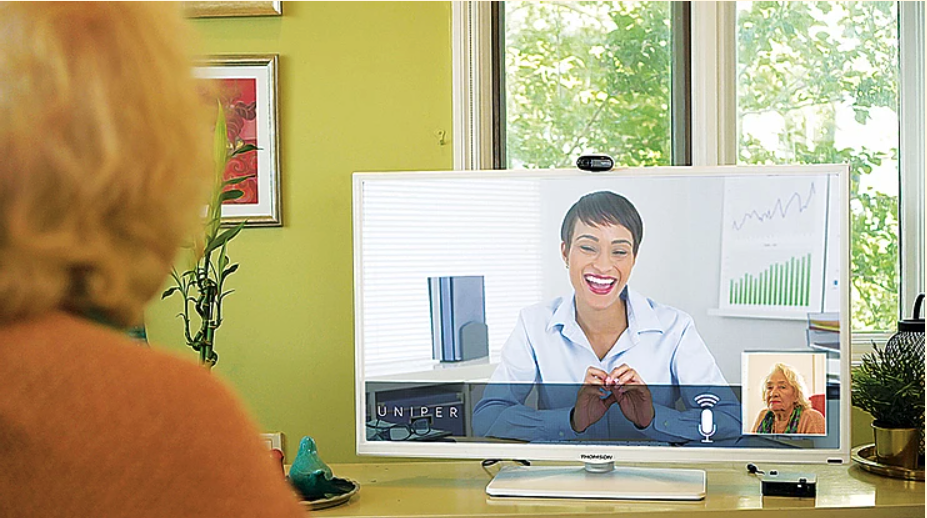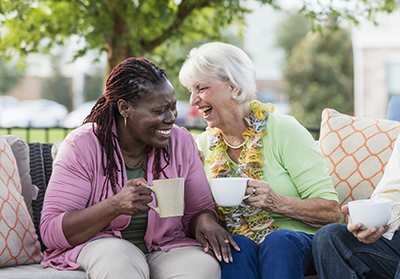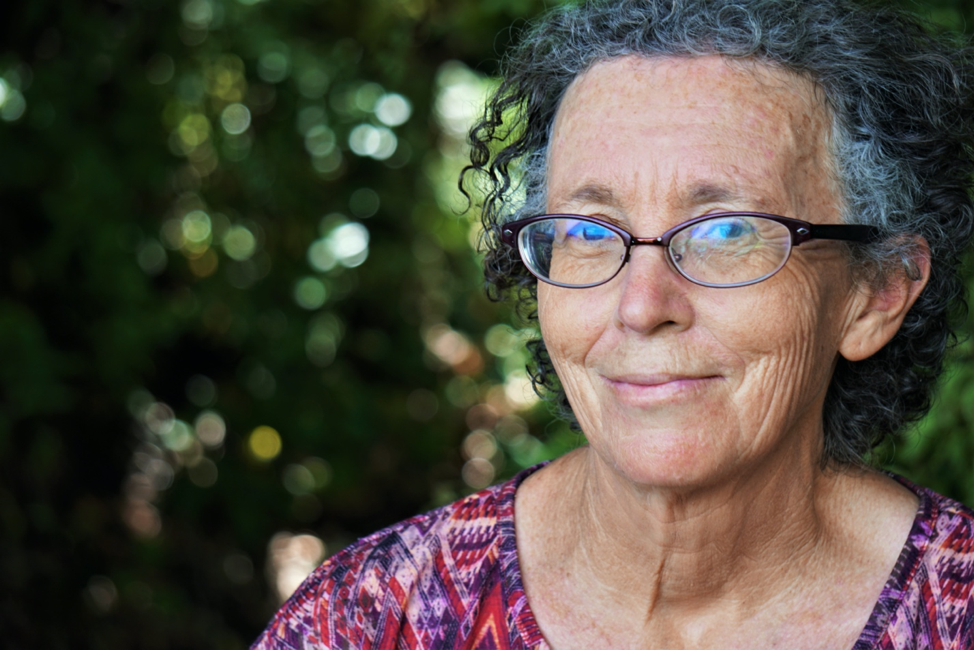Food & Financial Assistance · September 10, 2021
It is safe to say, sadly, that Mero Ruff’s story is not entirely unique. In the era of COVID-19, reports abound of food insecurity, job loss, and housing uncertainty. What sets Mero’s tale apart is the strong, trusting bond he established with his Jewish Family Service care manager, Debbie Zimmerman (RN), who helped him in his time of need.
Counseling & Mental Health · August 09, 2021
From modern-day stressors, like social media, 24/7 texting, and constant location tracking—to more traditional ones, like homework, family turmoil, and bullying—today’s youth are living with a volatile mixture of societal pressures. And though the human psyche is equipped to handle enormous stress, when these pressures are intense, incessant, or novel (think coronavirus), they can increase one’s risk for mental health disorders.
Older Adult Services · July 25, 2021
Jewish Family Service is ramping up a new program to help isolated older adult community members stay connected to the community virtually. Nicholas Rackers is the new Virtual Programs Engagement Specialist at JFS. He is overseeing a program that provides technology and training to older adult community members so they can better engage with JFS’s online programming and connect with their families and friends.
Crisis Intervention · July 09, 2021
“He was emotionally abusive, and my kids were seeing it and living it,” said Abigail, talking about her ex-husband via Zoom meeting last week, curly light brown hair tucked in a loose bun (identities altered for privacy). Abigail is safe now, thanks to Jewish Family Service and her own resilience. “The day the kids and I left felt like freedom,” she said.
Jewish Family Service (JFS) helps survivors of domestic abuse move from a bad situation into a better one.
Holocaust Survivors · April 16, 2021
“I think without this program, a lot of people would be a lot lonelier,” said Stanley Slomovits over a recent Zoom call. Slomovits was talking about the Uniper Cares program, which connects seniors through live virtual programming.
Seniors from around the country can connect through their TVs and mobile devices to a number of virtual peer-led groups. “I run a current events group where we talk about what’s going on in the news, and I lead an art appreciation group,” he explained.
Older Adult Services · March 15, 2021
Isolation is as bad for you as smoking 15 cigarettes a day. Lonely people are 50 percent more likely to die earlier than those with healthy social relationships. Data from the Health Resources & Services Administration shows more than 3.4 million people struggle with social isolation, loneliness, and living alone—and that was before the onset of COVID-19. More recent numbers show loneliness and social isolation have increased 20 to 30 percent, and emotional distress has tripled during COVID.
Russian Jewish Culture · February 25, 2021
“We’re not alone, you know?” Gennady Khaskelis says thoughtfully over FaceTime on a recent, dreary February morning. The conversation, however, is the opposite of dreary—he and his wife Inna are a charming, welcoming, and fascinating couple. While very much their own, their story is also the story of immigrant Jews coming to Cincinnati as they have for two centuries, and also an American success story.
Holocaust Survivors · February 05, 2021
“Holocaust survivors are our teachers and our heroes,” said Mark Wilf, the chair of The Jewish Federations of North America’s (JFNA) board of trustees. “With inspiring strength and conviction, they teach us about the past. Now, they are teaching us how to better serve all older adults who have survived trauma.”
JFNA’s Center on Aging and Trauma, a project of the Holocaust Survivor Initiative, has just awarded Jewish Family Service a one-year, $66,666 grant.
Counseling & Mental Health · December 18, 2020
“It was one of my worst times,” says Gloria (identities changed for privacy). The interview takes place in the dining room of her small, freestanding home. There are signs of love all around—lots of green plants in the windows—but dust piles on the flat surfaces, and the curtains are faded. We are talking about when she finally fought free from addiction to pain medicine. (This interview occurred pre-COVID-19; at the end we share how Gloria is faring during the pandemic.)
Food & Financial Assistance · October 12, 2020
“I have a great appreciation for what I consider an immutable fact: people who can feed themselves have a greater sense of independence,” stated Ben Kaufman.
Ben is the master gardener of the community garden of the Barbash Family Vital Support Center, located on the Hebrew Union College–Jewish Institute of Religion campus. The garden helps provide hundreds of people in our community access to fresh vegetables through the Jewish Family Service Heldman Family Food Pantry.



